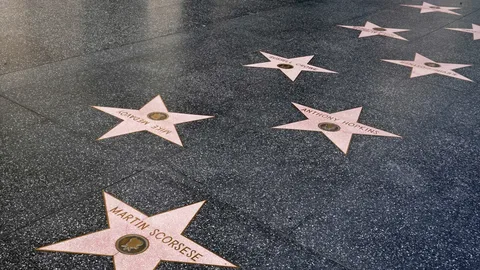Celebrity culture today is also more politicized. With the rise of social justice movements and global crises, fans increasingly expect celebrities to take stands on issues like racism, climate change, and LGBTQ+ rights. Silence can be interpreted as complicity, while missteps can lead to “cancel culture.” For modern public figures, fame is no longer just about entertainment — it comes with a perceived moral responsibility.
Advertisement
Interestingly, this new era of fame is both more inclusive and more fragmented. While Hollywood remains a powerful force, it now shares the spotlight with creators from every corner of the internet. Fame is no longer one-size-fits-all; it’s niche, localized, and tailored to specific audiences. A beauty vlogger on YouTube may be a household name among teens but virtually unknown to an older demographic. This splintering has made fame more accessible, but also more fleeting.
What does the future hold for celebrity culture? As artificial intelligence and virtual influencers begin to enter the spotlight, we may soon see stars who aren’t even human. AI-generated personas, like Lil Miquela, are already gaining massive followings, raising questions about authenticity, ethics, and the nature of fame itself. Meanwhile, platforms continue to evolve, and new ones will inevitably reshape the ecosystem all over again.
In many ways, we are more obsessed with fame than ever before — but also more critical of it. We idolize our celebrities while dissecting their every move. We crave access but resent entitlement. As society becomes more digital, our hunger for connection, inspiration, and validation drives the rise of new kinds of fame, built on platforms we haven’t yet imagined.
From the glamour of old Hollywood to the raw immediacy of TikTok, celebrity culture has undergone a radical transformation. And yet, the core of it remains unchanged: the human desire to watch, to admire, and to dream.

